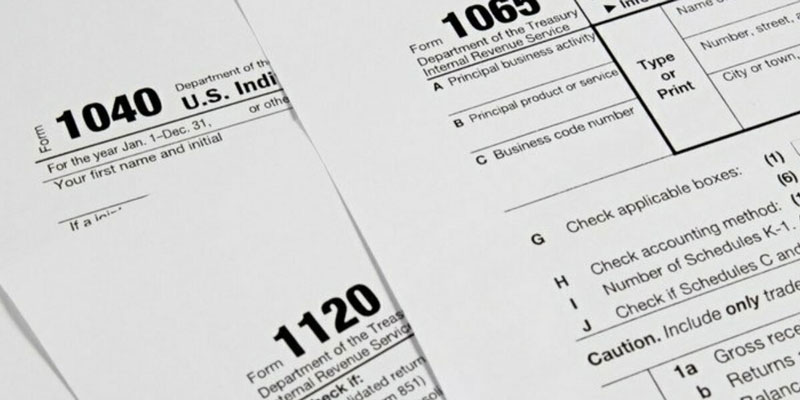Make use of your freshly sharpened No. 2 pencils. Tax season has arrived! We're kidding about the No. 2s. In either case, it's time to file your taxes. In addition to their free Ace Your Taxes Bootcamp, our colleagues at LearnVest have created a comprehensive Tax Center that contains everything you need during this season of tax uncertainty.
1. E-Filing Is The Best Option
The IRS and you can save time and money using electronic filing. As a result of using tax software, the forms you need will be pre-installed, and you'll receive your return sooner. You may also get H&R Block's basic federal filing package free by joining the Ace Your Taxes Bootcamp through a unique LearnVest collaboration.
However, you must file a paper return in a few specific circumstances. If you need to submit a paper return, you can find out which IRS forms you'll need by consulting our reference to IRS forms. Once you've done so, follow these directions to file.
2. Get Your Filing Status Right

The status of your tax return is critical because it might impact how much you owe in taxes. If you get it incorrect, you'll have to face an audit. It's possible to get audited for a variety of reasons. The status of your tax return is a statement to the IRS about how you want to be handled and can impact your ability to take certain deductions and credits, as well as the forms you need to complete.
3. Your AGI Is Magic
It is common to find instructions such as "if your AGI is less than $100,000" or even "up to 10 percent of your AGI" while doing your taxes. The following is a breakdown of how AGI functions: To get at our AGI, the government subtracts certain costs like tuition and IRA payments from the money we earn and submit to them. A person's adjusted gross income determines the credits and deductions they are entitled to and how large they are.
4. A Quick and Easy Way to Reduce Your Taxes

Did you know that if you're a productive member of society, married, or have children, you're entitled to a tax break? Exemptions are a type of deduction that lowers your taxable income by $3,700 in 2011. Let's pretend you earn $50,000 and are subject to a 25 percent tax rate. There is a savings of $925 in taxes if you can only use one exemption.
5. A $1,000 Credit Saves $1,000
Regarding taxes, credits have the opposite effect of exemptions, which lower the amount of income you are taxed on. It is, therefore, possible to reduce your tax bill by $3,000 by taking advantage of the credit. A $1,000 tax credit means you'll pay $1,000 less in taxes if you get it. There aren't many in the tax code, which makes it all the more refreshing.
6. Itemizing Can Save You Thousands
Itemizing is one of the most important decisions you'll have to make, and you have two options. There are several ways you could:
Deduct the standard deduction.
To collect the deductions, you're entitled to, the government won't have you undergo a lengthy procedure. An alternative to itemizing deductions is using the standard deduction to lower your taxable income. Most taxpayers use the standard deduction, which ranges from $5,800 to $11,600.
Itemize taxes.
It would help if you listed all the tax deductions you are eligible for to itemize your deductions. When a person's total deductions exceed the standard deduction, they will take this action. Medical bills, enormous charitable contributions, and mortgage interest payments are all examples of things that consumers may want to break down as itemized.
7. Audits aren't catastrophic
They are, indeed, a source of irritation. However, an audit notification will not bring your financial world to a halt. The IRS has developed a flag system that automatically triggers an audit to process millions of tax returns promptly. Just because your return contains an error doesn't indicate you've done anything illegal; it might suggest you're trying to deceive the IRS or that you committed an error that goes beyond a simple omission.
Your return should show that you have paid your taxes if you have followed all the rules. The IRS will leave your tax return unchanged, ending the audit with no fines or jail time.
8. You May Delay Paperwork But Not Payment
The Internal Revenue Service (IRS) understands if you cannot file your taxes promptly. We'll walk you through the process of requesting additional time to submit the papers. But you can't put off paying your taxes even if you receive an extension. Regardless of what you think you owe, you are responsible for making the payment. Many choices are available if you don't have the money to pay your tax bill, from using your credit card to establishing a payment plan.




